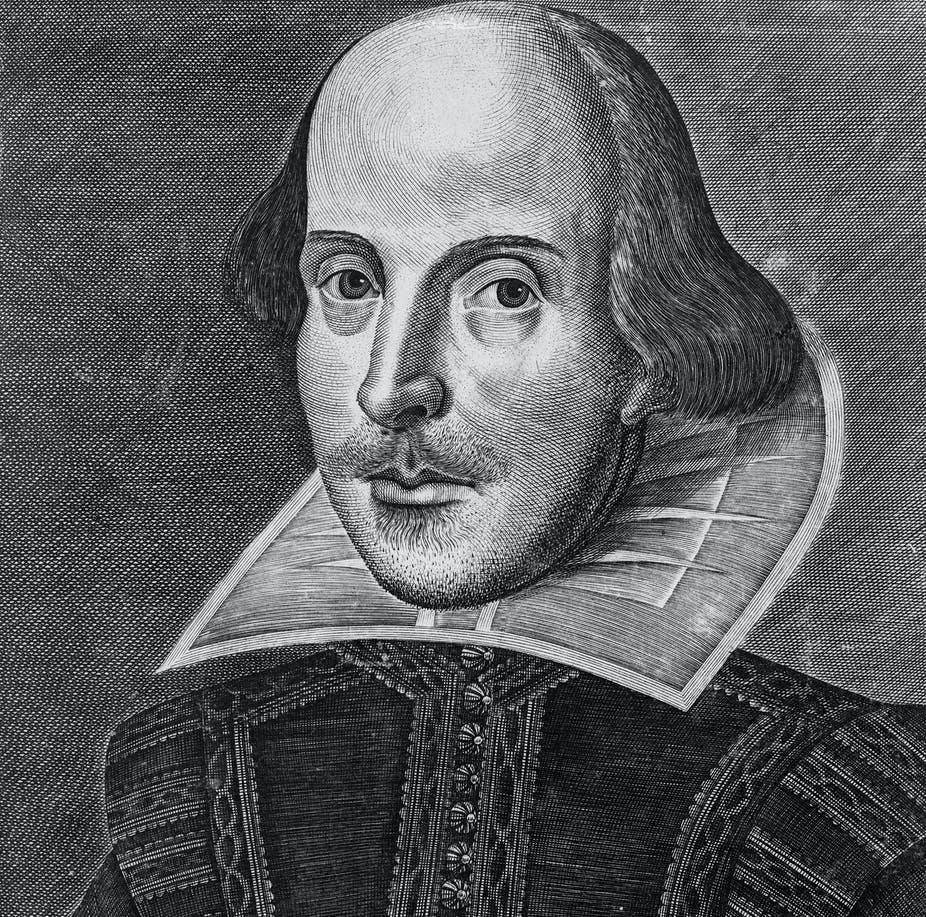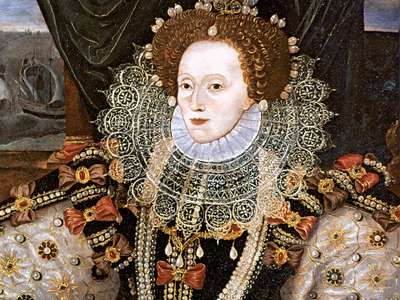
Pre 1900s Literature
Pre 1900s Literature
Looking at pre 1900s literature we can split the eras into 5 sections dating from the 19th century to the Old English Literature of the 5th century.
Having a good understanding of Pre 1900s Literature is important when it comes to revising for your GCSE English Literature exam. Having a wider understanding of each individual time period will allow further analysis into the themes, voices and tones of the literature you are studying.
When reading your set texts it is important that you have a good understanding of society at the time in which the text was originally written. For example, if you are reading Jane Eyre having a grasp of what life was like in Victorian England, will help you answer questions on the running themes throughout.

The breakdown of Pre 1900s Literature
Old English Literature
Although Old English Literature is not studied for GCSE, it can be useful to have an understanding of the history of English Literature. It starts with Anglo-Saxon settlers coming to England. In around the 5th to 14th century AD. Some of the first long narrative poems in the history of English Literature were Beowulf and Widsith.
These two narrative poems are some of the earliest recorded in Pre 1900s Literature. Beowulf is considered as the first English poem and some other works produced during the Old English Literature include Genesis, Exodus. To understand the temperament of readers, writers would make use of alteration rather than a rhyming scheme. Some of the famous writers of Old English Literature were Cynewulf and Caedmon.
Medieval English Literature
Medieval Literature refers to any form of literature written in the 14th and 15th centuries. Again, this literature is so not an era that is taught in GCSE English. However, it is useful to understand the history of literature. Medieval English literature is also referred to as the Later Middle English Literary Period. Medieval English Literature comprises a huge range of works as the population of England during this time were literate. A large portion of the population were also bilingual and even trilingual!
Chaucer is amongst the highly regarded poets within this Pre 1900s Literature. He was renowned for his love poetry including the famous “Canterbury Tales.’ He also became one of the core political servants in Britain’s court. There was also William Langland’s famous religious works including “Piers Plowman” which represents a popular genre of the Pre 1900s Literature period which was secular and religious prose.
During the Medieval era of English Literature, the most esteemed works also include morality plays. Morality and Miracle plays were taken from the Bible and were frequently performed in churches.
The Elizabethan Age
We now enter an age of Pre 1900s Literature which we do study at GCSE. The Elizabethan Age of literature is any text that is written between the 16th and 17th centuries. This era is often referred to as the ‘Golden Age’ of English Literature.
Sir Thomas Wyatt and Henry Howard (Earl of Surrey) had a massive contribution to this age of English Literature. Thomas brought Sonnets onto the scene and the Earl of Surrey brought the use of blank verse. This was later used by writers like Shakespeare and Christopher Marlow. ‘Tottel’s Miscellany’ is considered the first printed book of this period.
This age in the history of Pre 1900s Literature brought a range of fantastic authors and literary masterpieces. It was filled with intellectual and religious revolutions.
Edmund Spenser is another prolific name in the Golden age who is also known as the poet’s poet. His famous poem in 1579, ‘The Shapaheardes Calander’ had just under 89 sonnets.
Of course, we cannot talk about the Elizabethan era and not talk about William Shakespeare. From ‘Macbeth’, ‘Othello’ and ‘Julius Ceasar.’ To ‘Much ado about nothing’ and ‘Romeo and Juliet.’ William Shakespeare contributed many plays to the Golden Age.

The Restoration Age
This era refers to any Pre 1900s Literature written between the 17th and 18 centuries. This was another revolutionary change in the history of English literature. The Restoration Age immensely reflected the political conflict of the late 17th century.
Thomas Gray, William Blake, Robert Burns are unavoidable names whose literary work was highly acclaimed. All of these authors we study at GCSE have managed to capture what society was like within Pre 1900s Literature.
The eminent philosopher of this era was John Locke. He wrote many essays like ‘The Essay Concerning Human Understanding.’ Most of his works delved deeper into unravelling the workings of civil society. As well as debate and explorations on human intelligence.
18th Century Literature
Concluding the Restoration period of the history of Pre 1900s Literature is the 18th century. The 18th century witnessed the publication of political literature as well as novels.
Robert Harley, Daniel Defoe and Jonathan Swift were amongst the major political writers of this era. During the mid 18th century the novel was introduced to the world.
19th Century Literature
On the cusp of Pre 1900s Literature is the 19th century itself. Also known as the ‘Romantic Period.’ This era experimented with the earlier forms of poetry and brought many interesting genres of fiction.
A key feature of the poetry of this period was the emphasis on individual thoughts and personal feelings. William Blake, William Wordsworth and Samuel Taylor Coleridge were the brilliant poetry geniuses of this era. They successfully curated amazing works rooted in nature, love, romance as well as contemporary thought.
The novels of this era were written as a form of entertainment to the now literate population and were methods of giving stern commentary on prominent events in history, such as the French Revolution.
The Gothic novel is an important invention in prose fiction and some of its prominent writers were Horace Walpole and Mary Shelley. On the other hand, Jane Austen created popular romantic novels like Pride and Prejudice, Emma, Persuasion, Northanger Abbey. Many of which are studied at GCSE level.
In conclusion, understanding the wider contexts of Pre 1900s Literature can help to devise a more in depth analysis of the text that you are studying. Having a greater understanding of society and populations of different time eras will lead to better overall marks.
Get In Touch
-
Give us a call
020 8883 2519 -
Email us
hello@mentoreducation.co.uk -
Our social media


